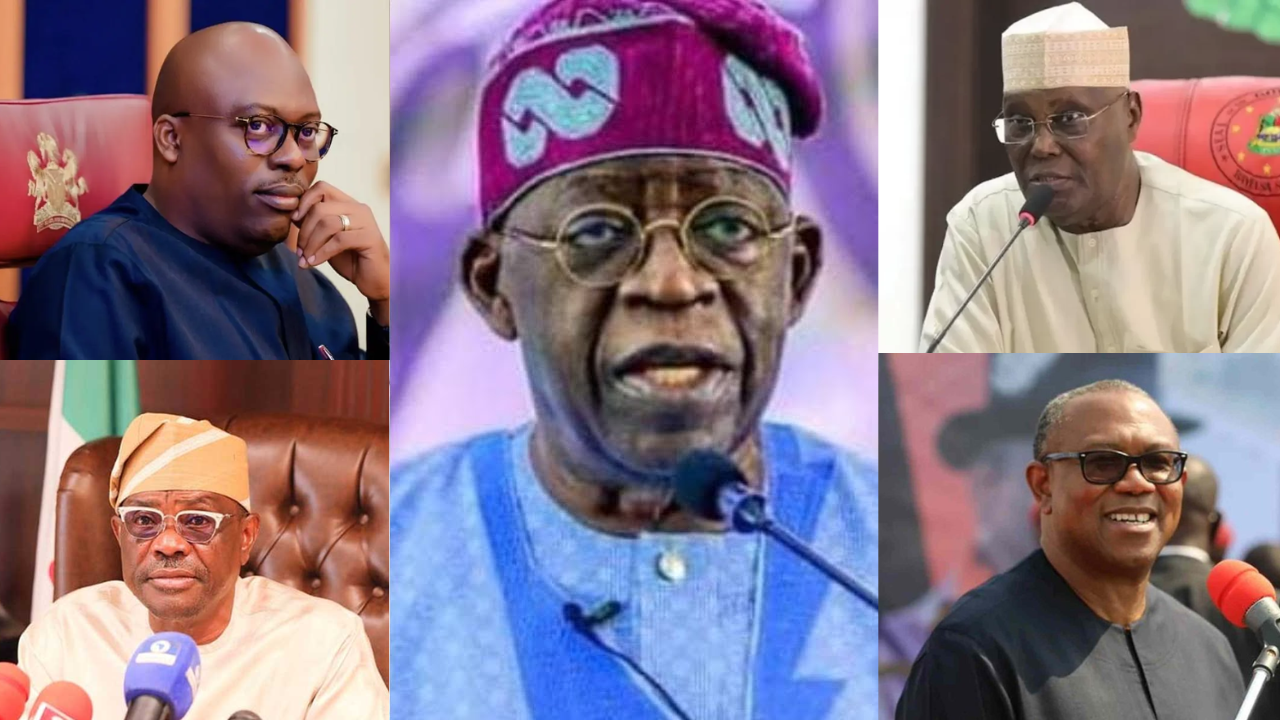POLITICS

TWO YEARS OF TINUBU: STRATEGIC GOVERNANCE OR CONSOLIDATION OF POWER?
Two years into his presidency, Bola Ahmed Tinubu’s leadership has carved a controversial yet calculated path in Nigeria’s political and economic landscape. Anchored by sweeping reforms and an assertive political strategy, Tinubu’s administration has drawn both commendation for its boldness and criticism for its centralization tendencies. As the second anniversary of his tenure is marked, a close examination reveals a presidency defined by three interwoven themes: economic liberalization, political consolidation, and institutional restructuring.
Economic Overhaul: Reform or Ruin?
Tinubu’s economic blueprint, introduced under the “Renewed Hope” agenda, sought immediate disruption of long-standing policies that many viewed as unsustainable. Most notably, the abrupt removal of fuel subsidies and the floating of the naira were central to his market-oriented reforms. While these policies were lauded by international observers for aligning Nigeria with global market practices and potentially unlocking foreign investments, the domestic impact has been turbulent.
The removal of subsidies led to skyrocketing fuel prices, which in turn triggered inflation across virtually all sectors. The Central Bank’s unification of the forex window resulted in a steep devaluation of the naira, further reducing purchasing power and exacerbating socioeconomic hardship for millions. Yet, Tinubu’s administration has remained resolute, arguing that short-term pain is a necessary sacrifice for long-term economic stability.
Political Strategy: The Return of the Godfather
Tinubu’s political mastery has also been evident. A veteran of Lagos politics and a kingmaker within the All Progressives Congress (APC), he has used his first two years to consolidate influence in unprecedented ways. By appointing loyalists to key positions—ranging from ministers and security chiefs to heads of parastatals—he has reinforced his grip on both federal and state apparatuses.
Tinubu has not only managed his political base effectively but has also neutralized dissent within the APC, ensuring that the party’s power structure remains tightly controlled. His role in orchestrating the emergence of Senate President Godswill Akpabio and Speaker of the House Tajudeen Abbas further underscores his strategic depth in legislative politics. Critics argue this centralization of power undermines internal party democracy and weakens institutional checks and balances, but for Tinubu, it is a means of enforcing policy discipline and coherence across all arms of government.
Judiciary and Institutional Influence
Perhaps one of the most contentious aspects of Tinubu’s two-year governance has been the perceived politicization of the judiciary. While Nigerian courts have historically been seen as a battleground for electoral legitimacy, the rapid post-election rulings favoring APC candidates across contested states have raised questions about judicial independence. Allegations of executive interference continue to swirl, casting a shadow over Tinubu’s broader vision for democratic consolidation.
Security and Foreign Policy: Mixed Signals
On the security front, Tinubu inherited a country plagued by insurgency, banditry, and separatist agitations. His restructuring of the national security architecture—appointing new service chiefs and promising a more intelligence-driven approach—signaled a departure from Buhari’s method. However, the outcomes remain mixed, with sporadic violence still affecting the North-West, South-East, and Middle Belt. His foreign policy, meanwhile, has leaned toward regional assertiveness, particularly in his stance on Niger’s coup, where Nigeria took a hard-line position within ECOWAS, though without firm results.
Social Investment and Public Sentiment
Despite economic hardship, Tinubu has attempted to buffer public discontent with palliative programs, social investment schemes, and plans for a new minimum wage. However, implementation has been patchy, and public skepticism remains high. Labor unions have staged strikes, and civil society organizations continue to express concern over the growing gap between policy promises and lived realities.
The Road Ahead: Reform, Resilience, or Reversal?
As President Tinubu enters the second half of his term, the central question remains: can his administration pivot from pain to progress? His supporters argue that he is laying the foundation for a more competitive and self-sustaining Nigeria, one unshackled from decades of economic populism. Detractors fear he is building a centralized oligarchy masked as reform.
What is clear is that Tinubu has brought his decades of political engineering into the presidency—blending technocratic ambition with Machiavellian tactics. The next two years will reveal whether his strategy results in national transformation or merely reinforces Nigeria’s cycle of elite domination and economic inequality.
"This represents a significant development in our ongoing coverage of current events."— Editorial Board









